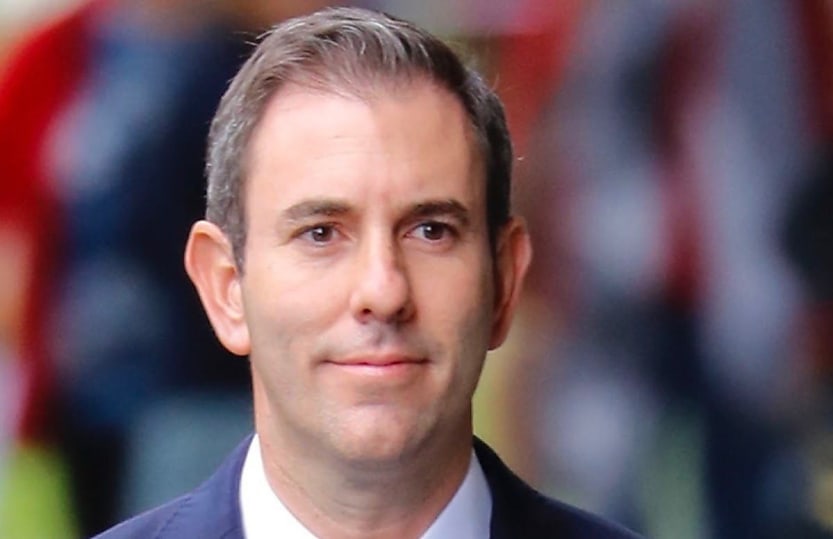Productivity roundtable agenda to include AI and regulation sessions

Jim Chalmers has released his agenda for the highly anticipated economic reform roundtable slated to address the nation's flailing productivity levels.
After months of speculation, Treasurer Jim Chalmers has released the agenda for his economic reform roundtable, which ensures debate between the various workplace stakeholders who are set to attend the meeting.
Day one of the Treasurer’s agenda will see sessions on international risks, opportunities, trade, skills attraction, development, mobility, capital attraction, business investment, and perspectives on productivity trends from Reserve Bank of Australia governor Michele Bullock.
The following day will focus on productivity, which has been a focal point of discussion since Labor’s decisive election victory, prompting the need for this roundtable. Discourse about better regulation and approvals will take place, with competition and dynamism across the federation set to be featured and talked about around midday.
The main draw, however, will commence in the afternoon, with the topic of discussion turning to AI and innovation – a heated subject that has already been the battleground for verbal barbs between unions and employer groups.
As previously reported by HR Leader, the Australian Council of Trade Unions (ACTU) will be strongly advocating for tougher AI regulations on employers after a wave of mass redundancies has swept the nation, with many of these organisations pointing towards their increased implementation of the technology as the driver.
“We can realise the potential productivity benefits of AI while protecting the Australian fair go in the AI age,” said ACTU assistant secretary Joseph Mitchell.
“… If an employer does not have an AI implementation agreement in place with their workers, that company should not be eligible for government funding, such as research and development incentives or government contracts.”
Set to also be in attendance at the roundtable is Australian Industry Group (Ai Group) chief executive Innes Willox, who regularly clashes with the ACTU’s “pro-worker agenda” and its AI proposal.
“The ACTU’s demand for a union-led regulatory regime on artificial intelligence should be given short shrift,” Willox said.
“The real risk is that this roundtable becomes a catalyst for a further wave of damaging, productivity-killing industrial relations changes at the direction of the union movement.
“Along with others, we are working in good faith to develop proposals at the roundtable that will enhance the prosperity for all Australians by enabling productivity growth to make us more competitive and investment-friendly and to create a pathway to jobs that are relevant and in a rapidly changing global environment.”
On the third and final day, a presentation on the role of budget sustainability will be led by Treasury secretary Jenny Wilkinson PSM. Following this will be a session focused on efficiency on high-quality government services, spending, and care.
Another highly anticipated subject will be covered at the back end of the final day, with Grattan Institute chief executive Dr Aruna Sathanapally carrying out a presentation on the tax system, which will be followed by a session involving the various attendees.
Speaking on the state of the tax system heading into the roundtable, CPA Australia’s chief executive, Chris Freeland AM, said: “A well-designed tax system can stimulate economic growth, improve productivity and benefit the wider community. Conversely, a poorly structured system can be a handbrake on progress and undermine Australia’s international competitiveness.”
Chalmers expressed that the agenda for the roundtable, which begins on 19 August, will present the “best” opportunity for harvesting a consensus on the direction of economic reform.
“The roundtable agenda released today [1 August] reflects the government’s agenda for long-term economic reform, with a focus on resilience, productivity and budget sustainability.”
“This is a targeted agenda that has been deliberately designed to give us the best possible chance of building consensus on the direction of economic reform.”
